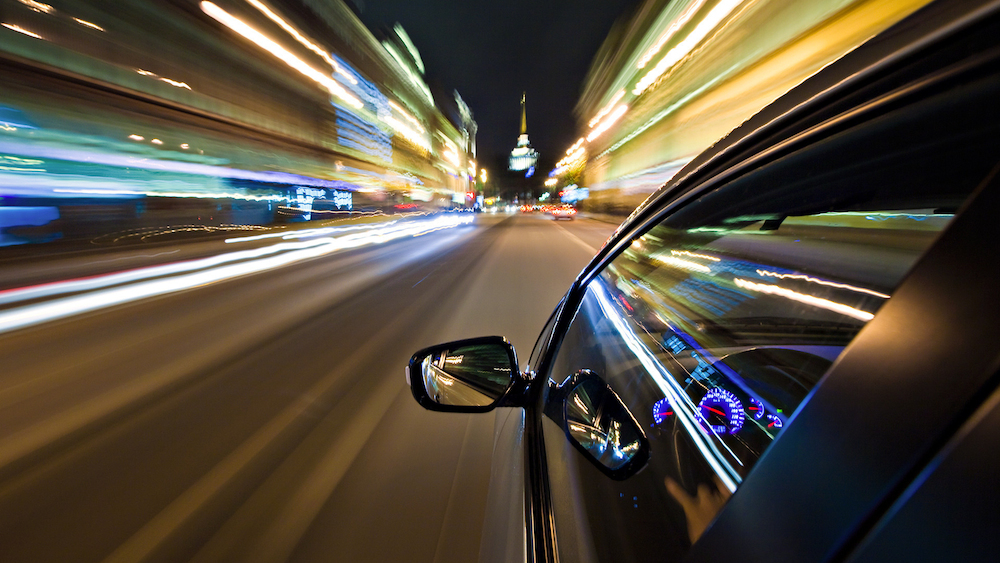Drug driving laws in the UK
Most people are well aware of the drink driving laws in the UK; it is illegal to drive under the influence of alcohol and there is an upper limit to how much alcohol you are allowed before you are committing a crime. Drug laws are different, however, mostly because they have to include both drugs that are illegal and legal and prescribed drugs. If the police suspect a driver of being under the influence of any form of drug they will carry out a drug test.
For illegal drugs there are no allowed limits in place. If someone tests positive for any amount of an illegal or controlled substance, they will be prosecuted.
Drug driving penalties
If someone tests positive for illegal drugs while in charge of a vehicle, they could receive a 12-month driving ban, a criminal record and a fine of up to £5,000.
In addition to this their driving licence will be updated with a record stating that they have been convicted of drug driving. The record will last for 11 years. This will mean that any employer who requests to view their licence will know that they have a drug driving conviction.
Drug drivers who cause a death by dangerous driving will receive a prison sentence of up to 14 years. In such cases, the drug driver is usually found guilty.
Some countries, such as the US, will not grant access to those who have a drug conviction.
Taking legal drugs and driving
Prescription drugs can affect driving. Any drug that is not to be taken when driving or operating heavy machinery could impair driving ability.
Drugs that can affect driving include antihistamines and tranquillisers as they affect reaction times. Whilst it is not illegal to drive under the influence of these drugs, if a serious accident occurs and it is found that you have been taking drugs that are known to cause drowsiness, you may face prosecution. The Royal Society for the Prevention of Accidents (RoSPA) advises that drivers should not take any medication that contra-indicates using machinery, before starting a long journey.
Alcohol and driving
Although there are set alcohol limits when driving, studies have shown that even a small amount of alcohol can exacerbate driver sleepiness. You can be well below the drink-drive limit and yet still be unfit to drive due to tiredness.
Drug driving law
The police are allowed to carry out three preliminary tests (under Section 107, Schedule 7 of the Railways and Transport Safety Act 2003) if they suspect someone of being under the influence of alcohol or drugs. Testing for drink and drugs involves a breath test, a test to indicate if a person is unfit to drive, and a test for the presence of drugs in a person’s body.
Roadside drug testing does now take place. Field Impairment Assessments (FIA) are performed by trained officers to determine if a person is capable of driving safely and effectively. Police will also make some visual checks and will look for signs of ‘pin prick’ pupils, bloodshot eyes and dilated pupils. If drug use is suspected, a person will be asked to give a sample for analysis at a police station. Some police forces have started using drugalysers to immediately test drivers for drugs, although these are still new and not universally available.
The law in the UK is simple really. It is illegal to drive when under the influence of drugs. The police are developing better and faster ways to test if a person is breaking the law.

